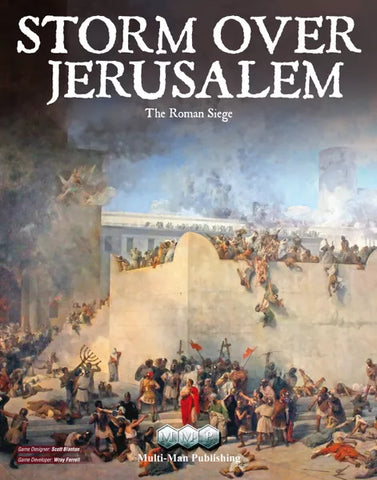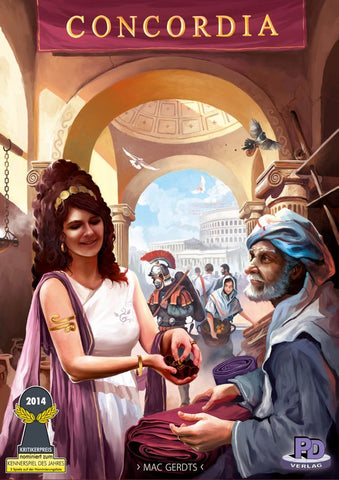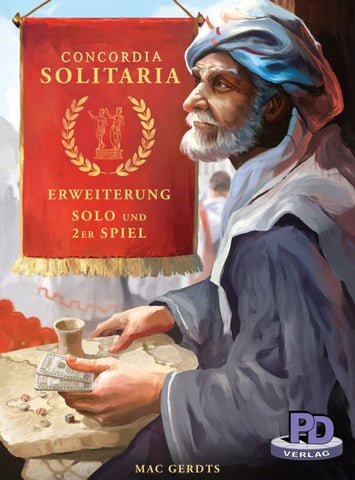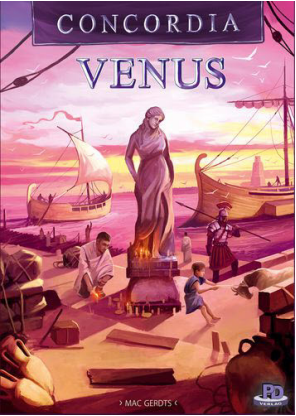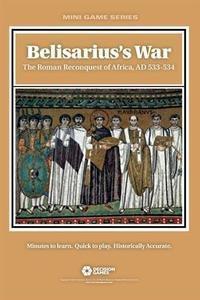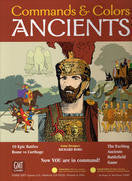By the year 70 of the Common Era (CE), the province of Judea had been in revolt against Rome for nearly 4 years. The protests and riots that began in 66 CE had quickly turned into open rebellion. The standard Roman punitive force under Syrian legate Cestius Gallus, having failed to capture Jerusalem, was wiped out at Beth Horon. General Vespasian was given command of the Roman army in the region and ordered to crush the rebellion and restore order. Turmoil in Rome, however, saw Vespasian recalled to become Emperor. In early 70 CE, Emperor Vespasian dispatched his son Titus (a future Emperor) along with four legions to end the rebellion in this important province. Titus arrived in Jerusalem in April to find the city still at war with itself. Throughout the rebellion, differing Judean factions had fought a bitter internecine war among themselves. The primary factions fighting each other in Jerusalem at this time were controlled by Simon bar Giora and John of Gischala. With the arrival of Titus and his legions, however, they were now faced with a common threat to their immediate survival.
The brutal siege of Jerusalem lasted nearly five months. During the siege, city walls were breached one-by-one, much of the city devastated, and the Temple—central to both the Jewish religion and the defense of the city—destroyed and burned. With the capture of Jerusalem, Titus had effectively ended the Judean revolt, with the last of the rebels finally cornered and eliminated in the legendary siege of Masada in 73 CE.
Storm Over Jerusalem: The Roman Siege is a 2-player wargame simulating the Siege of Jerusalem in 70AD. One player controls the Roman forces, and the other player controls the Judean forces.
Using the Area Move system redefined in Storm Over Stalingrad and Storm Over Dien Bien Phu, the game features the use of tactical cards to augment game play, adding to the tension experienced by both sides. The rules are similar in length to those seen in previous Storm Over games, and are of the same level of complexity, with additions made for the situations encountered in this battle.
Additional rules added to the game include Siege Towers, the Walls of Jerusalem, and Judean leaders. In addition to these new rules, new cards have been created in order to represent events encountered during the battle. These include “Battering Rams”, “Famine”, “Rigging the Colonnades”, and “Escape the Siege”.
Game Scale:
Game Turn: approximately 10 - 14 days
Area: approximately 1" = 300ft / 91 meters
Units: Legions
Game Inventory:
One 22 x 34" full color mapsheet
One dual-side printed countersheet (108 3/4" counters w/ 1 blank)
One dual-side printed countersheet (54 3/4" & 88 5/8" counters w/ 17 blanks)
One 12-page full color rulebook
Two dual-side printed player aid cards
One deck of 55 tactical playing cards
Four 6 sided dice (2 red & 2 blue)
Solitaire Playability: Low
Complexity Level: Low
Players: 2 (or more)
Playing Time: 2-3 hours

